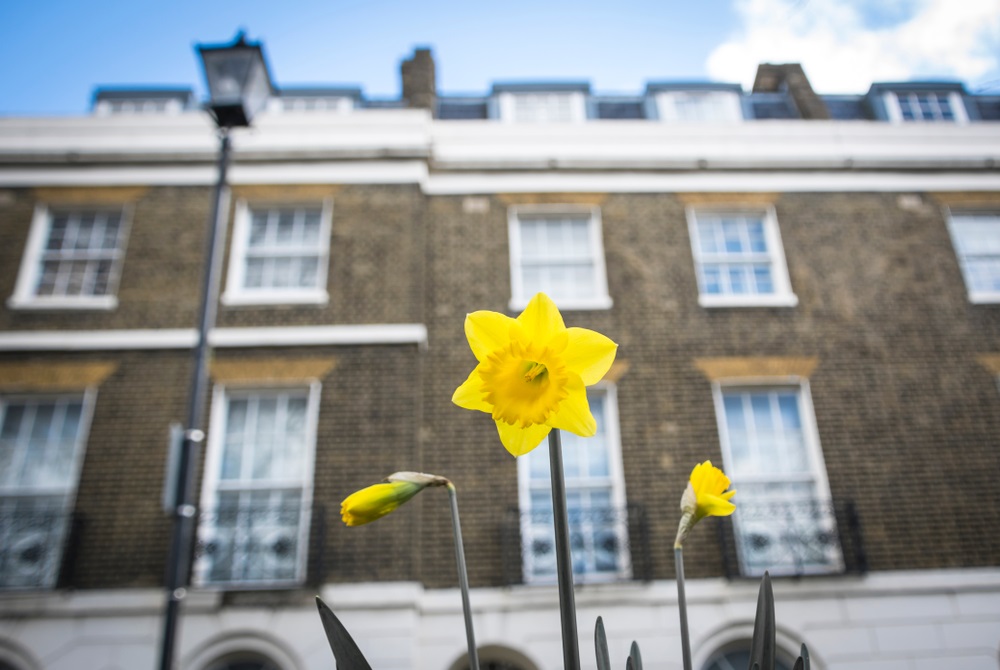House prices fell by 0.5% on average in March as the property market adjusted to demand returning to normal following the stamp duty deadline rush.
 This is according to the latest analysis by Halifax which also revealed the annual rate of house price growth in March remained at 2.8% – the same as February.
This is according to the latest analysis by Halifax which also revealed the annual rate of house price growth in March remained at 2.8% – the same as February.
It means a typical property in the UK, according to the Halifax House Price Index, is currently £296,699 compared to £298,274 in previous month.
Amanda Bryden, head of mortgages, Halifax, said: “House prices rose in January as buyers rushed to beat the March stamp duty deadline. However, with those deals now completing, demand is returning to normal and new applications slowing.
“Our customers completed more house sales in March than in January and February combined, including the busiest single day on record. Following this burst of activity, house prices, which remain near record highs, unsurprisingly fell back last month.”
Although UK averages showed no change to house price growth over the year, there were regional variations to this. Indeed, Halifax’s data showed Northern Ireland continued to record the strongest annual property price growth with prices rising by 6.6% in March. Here, house prices now average £206,620.
London experienced the slowest annual house price growth, from 1.5% in February to 1.1% in March. Despite, this, it’s still the location with the highest average house prices in the UK. A typical property in the capital is £543,370.
With the stamp duty rush now well and truly behind buyers and sellers, what does the rest of the year hold for the property market?
Bryden said potential buyers still faced challenges from the new normal of higher borrowing costs, a limited supply of available properties to choose from, and an uncertain economic outlook.
She added: “However, with further base rate cuts anticipated alongside positive wage growth, mortgage affordability should continue to improve gradually, and therefore we still expect a modest rise in house prices this year.”
Meanwhile, with uncertainty around how Trump’s tariffs will impact the UK economy, mortgage experts were not so sure they could predict the movement of house prices in the rest of 2025.
Karen Noye, mortgage expert at Quilter, said: “The news of tariffs might start to spook would be buyers as once again unpredictability seeps into the market.
“But, at present swap rates which dictate fixed rate mortgage deals have tumbled as traders speculate that there could now be further rate cuts to fuel economic growth in the face of the impact of the tariffs. Affordability therefore could improve at least in the near term.”
She added that due to new stamp duty thresholds, there may be a short-term dip in transactions as the market adjusts to the new tax landscape with house prices dropping slightly too.
“The enduring supply constraints continue to prop up prices avoiding big drops, but the market’s trajectory will depend on how the UK economy is impacted by the new policies coming from the United States,” Noye concluded.














